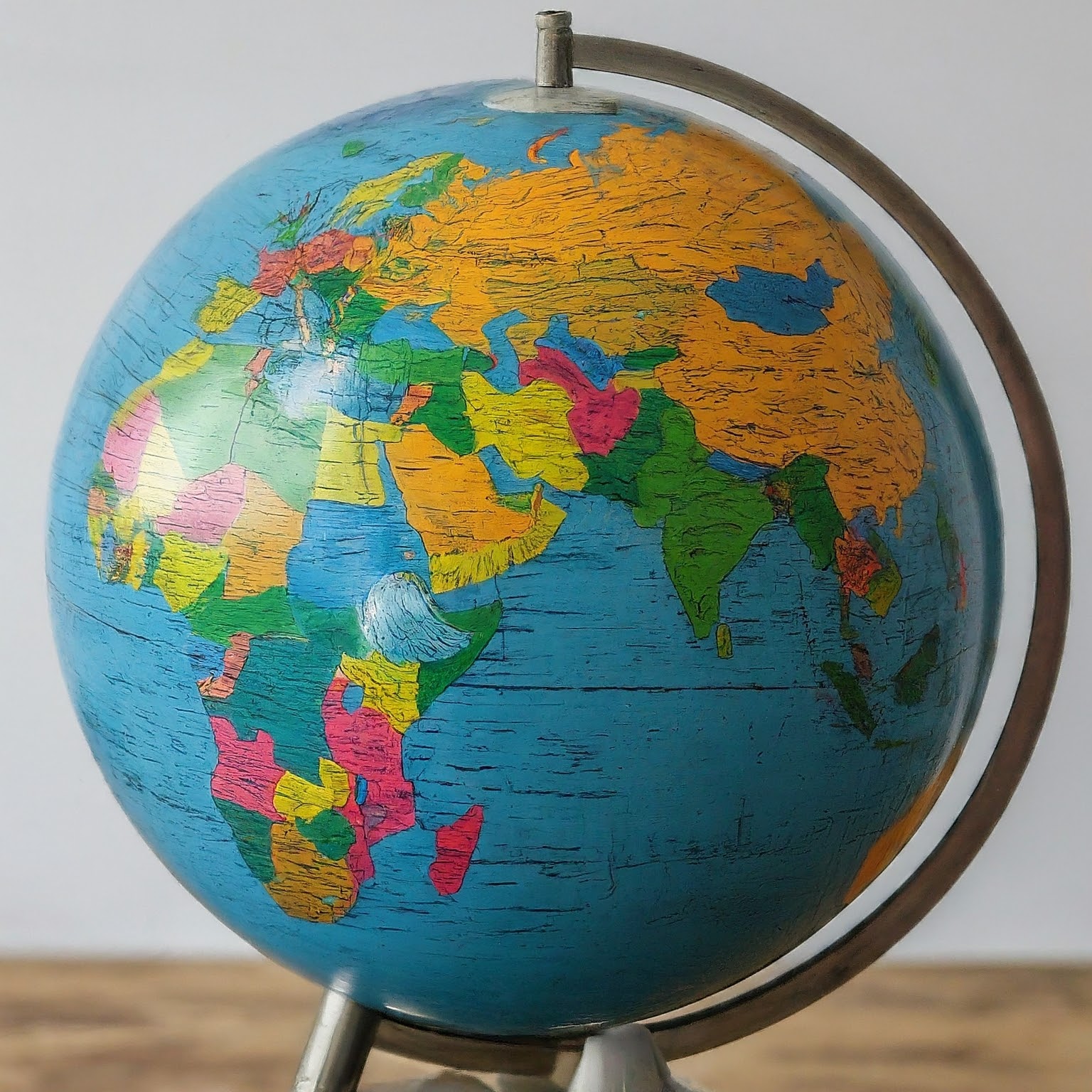In today’s interconnected world, international communication has become an integral part of personal, professional, and business life. One of the key elements that facilitate seamless communication across borders is the international calling code. This article offers a comprehensive overview of international calling codes, their significance, and how to use them effectively.

Understanding International Calling Codes
An international calling code is a standardized two-letter or three-letter alphabetic code that is used to represent countries and territories worldwide. These codes are primarily employed in telecommunications and serve as a universal language, enabling efficient routing of international calls.
The Role of International Calling Codes
International calling codes play a crucial role in facilitating global communication. They provide a standardized system for identifying different countries, making it easier for people to connect with each other across borders. Some of the key benefits of using international calling codes include:
- Efficient Routing: International calling codes help ensure that calls are routed to the correct destination, minimizing the risk of misdialed numbers.
- Global Connectivity: By using international calling codes, people can connect with individuals and businesses in countries around the world.
- Business and Trade: International calling codes are essential for conducting business and trade on a global scale.
- Personal Connections: Maintaining contact with friends and family members who live abroad is made easier through the use of international calling codes.
Key Components of an International Phone Number
An international phone number typically consists of three main components:
- Country Code: This is the standardized code that identifies the country where the phone number is located.
- Area Code: The area code specifies the geographic region within the country.
- Local Phone Number: This is the unique identifier for a specific phone line or mobile device within the area code.
Examples of International Calling Codes
Here are some examples of international calling codes for different countries:
- United States: +1
- United Kingdom: +44
- Canada: +1
- China: +86
- India: +91
- Japan: +81
- Australia: +61
- France: +33
- Germany: +49
- Russia: +7
International Dialing Conventions
When making an international call, the typical dialing sequence involves:
- International Access Code: This code, which varies depending on the country, is used to signal the start of an international call.
- Country Code: The country code of the destination country is dialed next.
- Area Code: The area code of the specific region within the country is dialed.
- Local Phone Number: The final part of the number is the local phone number.
Challenges and Best Practices
While international calling codes provide a standardized system for global communication, there are still some challenges to be aware of:
- Number Portability: Individuals may retain their phone numbers when switching between providers, which can make it difficult to track down the correct number.
- International Numbering Plans: Different countries may have different numbering plans, which can add complexity to international dialing.
- Emerging Technologies: The rapid evolution of telecommunications technologies, such as VoIP and satellite communications, can introduce new challenges and opportunities.
To overcome these challenges, it is recommended to:
- Verify the Correct Number: Ensure that you have the correct country code, area code, and local phone number before making the call.
- Check Time Zones: Be mindful of time zone differences to avoid calling at inconvenient times.
- Consider Costs: International calls can be expensive. Check with your phone provider for pricing information.
- Use a VoIP Service: Many VoIP (Voice over Internet Protocol) services offer affordable international calling rates.
The Future of International Calling Codes
As technology continues to advance, the role of international calling codes may evolve. The increasing popularity of mobile phones and the rise of internet-based communication may lead to changes in how we use and understand phone numbers. However, international calling codes are likely to remain an essential component of global communication for the foreseeable future.
Conclusion
International calling codes are a vital tool for facilitating communication across borders. By understanding the correct dialing conventions and utilizing available resources, individuals and businesses can effectively connect with people in different countries. As the world becomes increasingly interconnected, the importance of international calling codes will only continue to grow.


